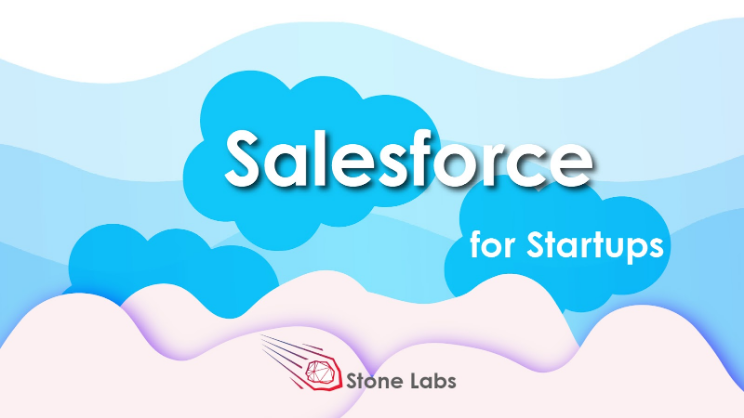Proper management of software projects is an integral aspect that can make or break the success of a new venture. This is where a Business Analyst (BA) can make a significant difference. If you’re looking to unlock the full potential of your startup, read on to find out why having a Business Analyst (BA) on your team is crucial and how Stone Labs can provide the expertise you need.
Firstly, it’s important to understand the role and responsibilities of a BA in software projects. A BA acts as a liaison between stakeholders and the development team, ensuring efficient communication and collaboration. They have a strong skill set that enables them to analyse and define business requirements, conduct feasibility studies and identify potential solutions. With a comprehensive understanding of both business and technology, BAs act as a guiding force in shaping and refining a start-up’s software project.
The importance of having a BA on your start-up team cannot be overstated. By tapping into their expertise, you can reduce risk, simplify processes and improve the overall efficiency of your project. Business analysts excel at helping you uncover hidden opportunities, explore alternative solutions, and align your business goals with technological possibilities. With their analytical mindset and dedication to explanation, business analysts can help you avoid costly mistakes and ensure that the final software product meets the needs and expectations of your customers.
Here are some of the key benefits of having a BA on your team:
1) Improved requirements gathering: BAs excel at understanding customer requirements, translating them into actionable requirements, and ensuring that all stakeholders are aligned.This results in the creation of a software solution that addresses the key pain points of your target audience.
2) Effective project management: Business Analysts (BAs) have the skills to efficiently manage project scope, timelines and resources.They work closely with the development team to ensure deliverables are met within the allocated timeframe, keeping the project on track and avoiding costly delays.
3) Improved stakeholder engagement:BAs act as advocates for multiple stakeholders, representing their interests and ensuring that their input is integrated into the software development process. This leads to greater stakeholder satisfaction and a product that connects with the target audience.
4) Risk mitigation:BAs help to identify and address risks at an early stage, reducing the likelihood of project failure or budget overruns.Without a Business Analyst, you risk missing key business requirements, resulting in potential functionality gaps and customer dissatisfaction.
At Stone Labs, we recognise the need for a skilled BA in your start-up. We pride ourselves on being a bespoke software product development company and our team of experienced Business Analysts are ready to help you achieve success. By leveraging their expertise, we can provide your start-up with a dedicated BA who will align your business objectives with cutting-edge technology solutions. Whether you need help with requirements gathering, project management or stakeholder engagement, our BAs will ensure a smooth collaboration, resulting in a software product that exceeds your expectations.




